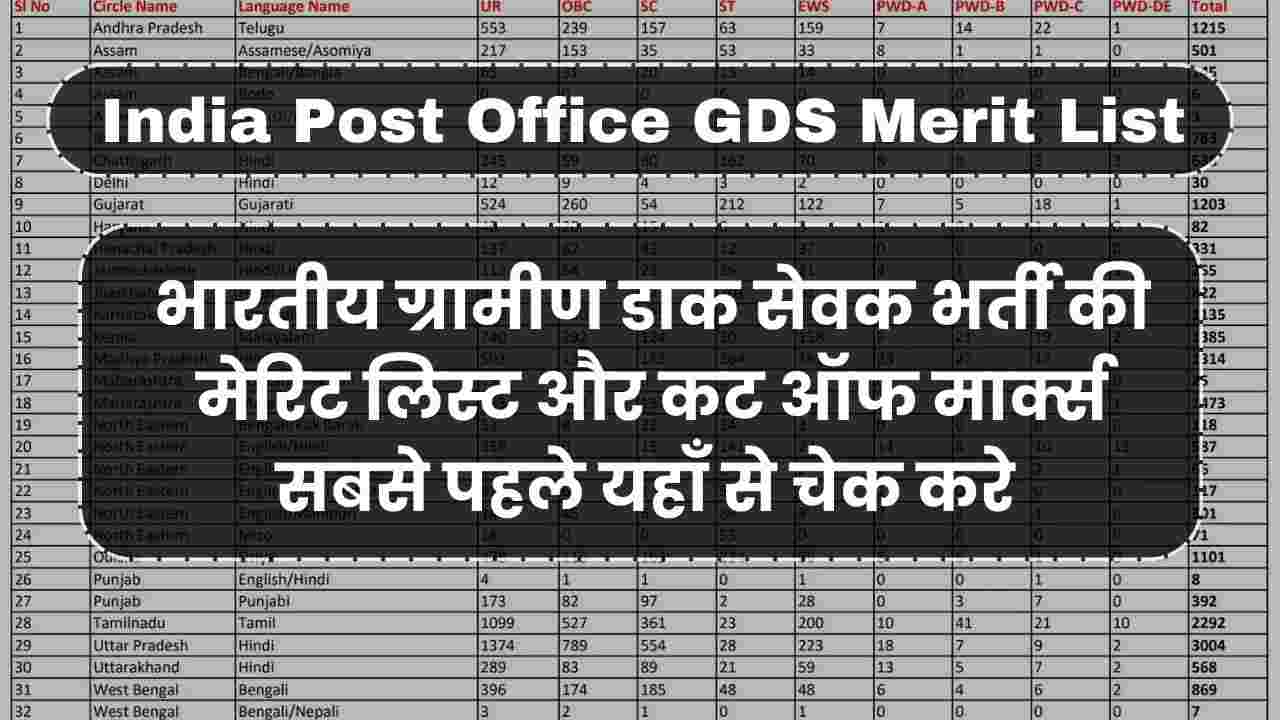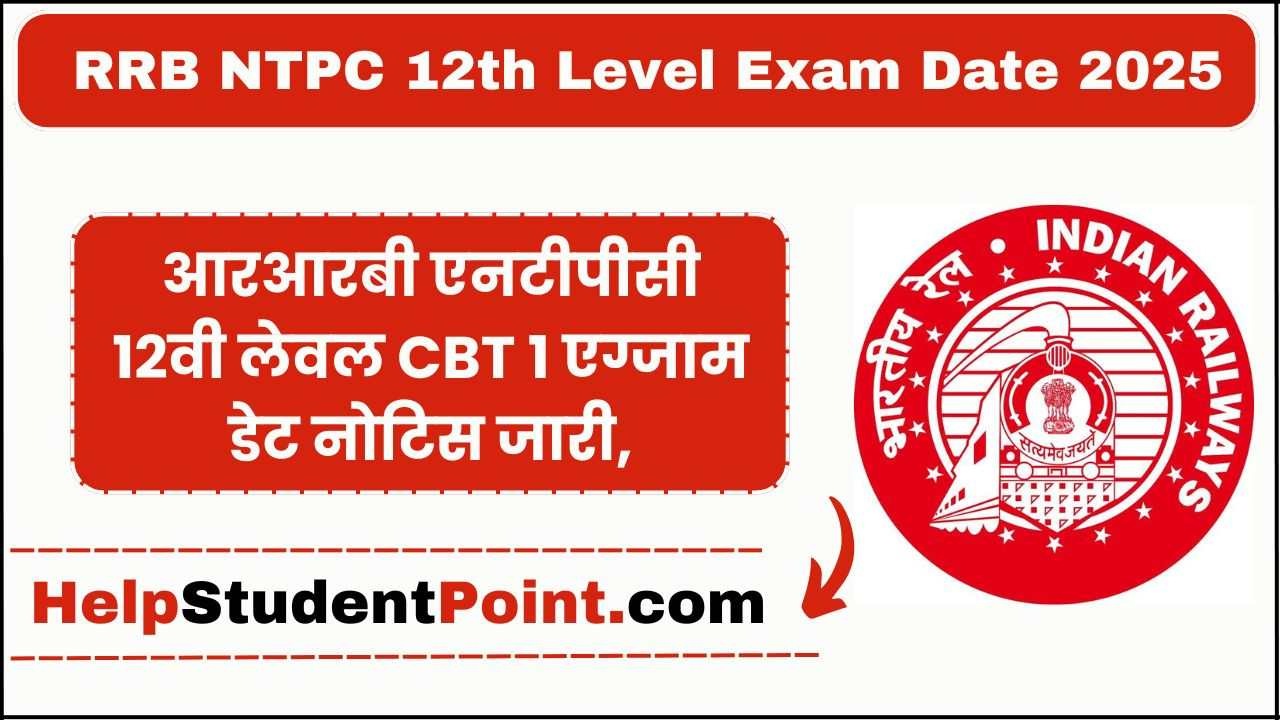| UPSC CSE Geography Optional Syllabus for Paper-I (Principle of Geography) | ||||||||
|
Physical Geography
Human Geography
|
| Also Read | ||||||||
| Latest UPSC Jobs | ||||||||
| Lastest UPSC Syllabus | ||||||||
| UPSC Previous Year Paper | ||||||||
| Latest UPSC Admit Card | ||||||||
| Latest UPSC Results | ||||||||
| UPSC Exam Salary Chart | ||||||||
| UPSC Official WebSite |
| UPSC CSE Geography Optional Syllabus for Paper-II (Geography of India) | ||||||||
| 1. Physical Setting : Space relationship of India with neighbouring countries; Structure and relief; Drainage system and watersheds; Physiographic regions; Mechanism of Indian monsoons and rainfall patterns; Tropical cyclones and western disturbances; Floods and droughts; Climatic regions; Natural vegetation, Soil types and their distributions. 2. Resources : Land, surface and ground water, energy, minerals, biotic and marine resources, Forest and wild life resources and their conservation; Energy crisis. 3. Agriculture : Infrastructure: irrigation, seeds, fertilizers, power; Institutional factors; land holdings, land tenure and land reforms; Cropping pattern, agricultural productivity, agricultural intensity, crop combination, land capability; Agro and social-forestry; Green revolution and its socio-economic and ecological implications; Significance of dry farming; Livestock resources and white revolution; Aqua-culture; Sericulture, Agriculture and poultry; Agricultural regionalisation; Agro-climatic zones; Agro-ecological regions. 4. Industry : Evolution of industries; Locational factors of cotton, jute, textile, iron and steel, aluminium, fertiliser, paper, chemical and pharmaceutical, automobile, cottage and ago-based industries; Industrial houses and complexes including public sector underkings; Industrial regionalisation; New industrial policy; Multinationals and liberalisation; Special Economic Zones; Tourism including ecotourism. 5. Transport, Communication and Trade : Road, railway, waterway, airway and pipeline net works and their complementary roles in regional development; Growing importance of ports on national and foreign trade; Trade balance; Trade Policy;Export processing zones; Developments in communication and information technology and their impacts on economy and society; Indian space programme. 6. Cultural Setting : Historical Perspective of Indian Society; Racial linguistic and ethnic diversities; religious minorities; Major tribes, tribal areas and their problems; Cultural regions; Growth, distribution and density of population; Demographic attributes: sex-ratio, age structure, literacy rate, work-force, dependency ratio, longevity; migration (inter-regional, interaregional and international) and associated problems; Population problems and policies; Health indicators. 7. Settlements : Types, patterns and morphology of rural settlements; Urban developments; Morphology of Indian cities; Functional classification of Indian cities; Conurbations and metropolitan regions; Urban sprawl; Slums and asssociated problems; Town planning; Problems of urbanisation and remedies. 8. Regional Development and Planning: Experience of regional planning in India; Five Year Plans; Integrated rural development programmes; Panchayati Raj and decentralised planning; Command area development; Watershed management; Planning for backward area, desert, drought-prone, hill tribal area development; Multi-level planning; Regional planning and development of island territories. 9. Political Aspects : Geographical basis of Indian federalism; State reorganisation; Emergence of new states; Regional consciousness and inter-state issues; International boundary of India and related issues; Cross-border terrorism; India’s role in world affairs; Geopolitics of South Asia and Indian Ocean realm. 10. Contemporary Issues : Ecological issues: Environmental hazards: landslides, earthquakes, Tsunamis, floods and droughts, epidemics; Issues related to environmental pollution; Changes in patterns of land use; Principles of environmental impact assessment and environmental management; Population explosion and food security; Environmental degradation; Deforestation, desertification and soil erosion; Problems of agrarian and industrial unrest; Regional disparities in economic development; Concept of sustainable growth and development; Environmental awareness; Linkage of rivers; Globalisation and Indian economy. NOTE : Candidates will be required to answer one compulsory map question pertinent to subjects covered by this paper. |
Frequently Asked Questions (FAQs) On UPSC CSE Optional Syllabus
Question- What is the UPSC’s Annual Programme (Calendar) of Examinations/RTs (Recruitment Tests)?
Answer – The UPSC publishes an Annual Programme (Calendar) of all the Structured Examinations/RTs conducted by it at least 6 months in advance (i.e. in June) for the Examinations/RTs to be conducted during the next calendar year. The Programme is uploaded on the UPSC’s website as also published in the leading news papers of the country. The date of issue of Examination Notice for each Examination is also mentioned in this Annual Programme.
Question- What happens if a candidate submits multiple online applications?
Answer – While a candidate should avoid submitting more than one online application, in case of doing so, the data provided in the last application (highest RID Number), that is successfully submitted online, is accepted by the Commission. All previous applications are ignored as these are amalgamated with the last completed & finally submitted application. If an applicant (who has already submitted an application successfully) wants to
make amendments in the application, then he has to submit a fresh application on or before the last date of submission of application of the Examination. Therefore, it must be ensured that fee is submitted against the
last online application only, which should also be complete in all respects including its final submission. Fee paid against one RID shall not be adjusted against any other RID number
Question- What action is taken by the Commission in case of submission of false information by the candidates?
Answer – A candidate found to be furnishing false information to the Commission or suppressing information, adopting various unfair means in the Examination like impersonation, cheating, etc., is liable to be disqualified
and/or debarred from writing UPSC Examinations as decided by the Commission. A detailed stipulation in this regard is incorporated in the Rules of Examination/ Examination Notices.




